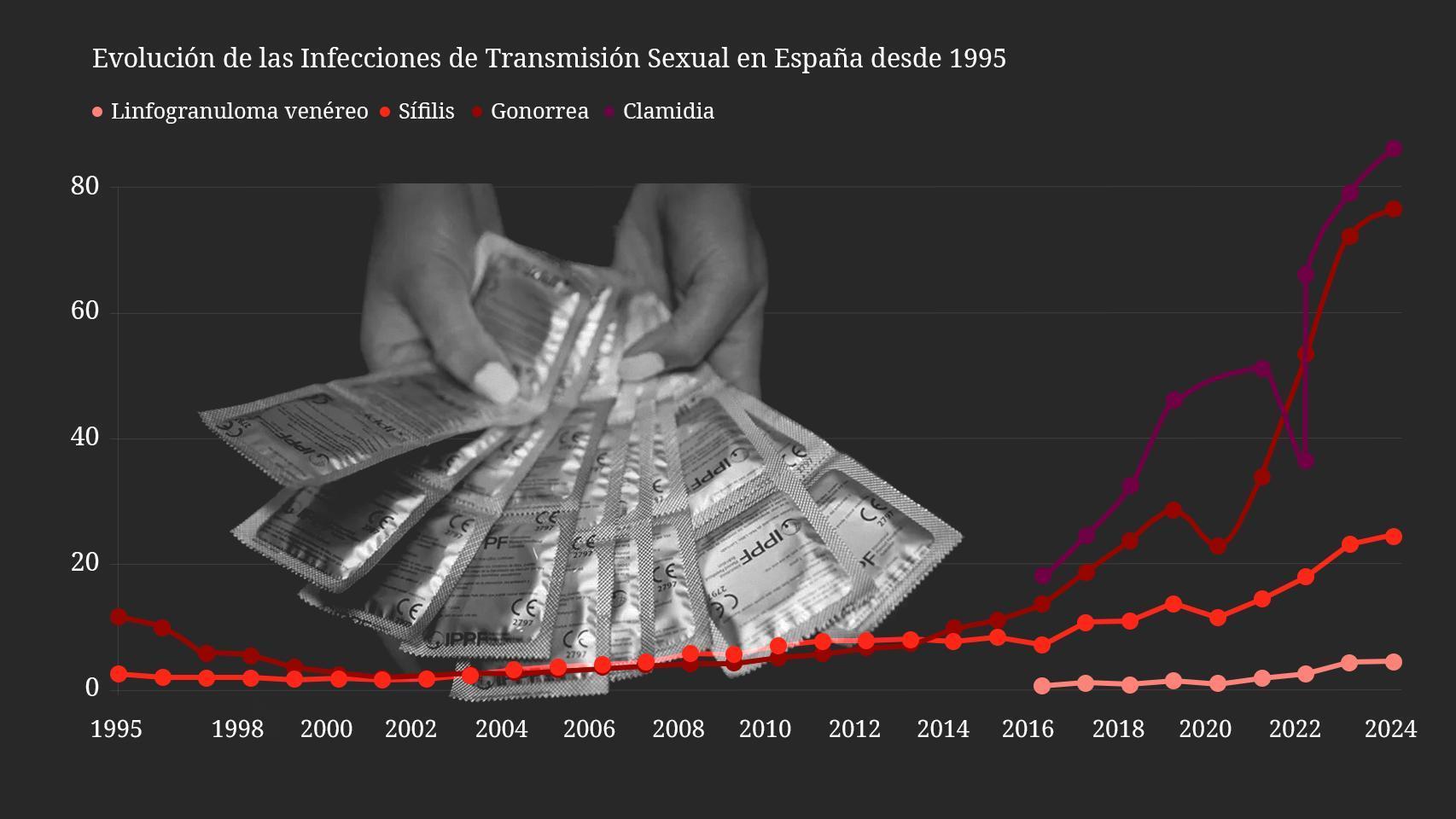Astrazeneca research and the origin of Astrazeneca show that the products also contain imfinzi in cancer patients
The October 17.Originally wasber of two III.Assil the dome of the study of its phase study, Potoms and fifres, mymphinizi (spinvali) ieu dinanggo in the reliability of the ir-fitty and gastrix-files-files and canapic-files.
In the first case, the application and maintenance of treatment with Bacillus Rouyo-Guérin (BCG) and the use of treatment with IMFinzi are examined.It was concluded that both treatment regimens were more beneficial for healthy and vigorous patients compared to the BCG-only regimen.
Median follow-up for the study was more than five years, and combination therapy with Imfinzi revealed a 32 percent reduction in the risk of high-risk disease relapse or death compared with BCG alone.In fact, the study estimates that 87% of patients treated with durvalumab remained disease-free after two years, compared to 82% in the other group.
The safety of Imfinzi in combination with BCG therapy was consistent with the profile known for individual treatments, with no new treatments being recommended.In addition, adding durvalumab to therapy does not allow patients to consider other treatments or significantly affect the quality of life of study participants.
Maria De Santis, jefa de la Sección Interdisciplinaria de Uro-Oncología de la Charité e investigadora principal del ensayo POTOMAC, destaca que “si bien los pacientes con cáncer de vejiga en etapa temprana reciben tratamiento con el objetivo de curarlos, la recurrencia temprana es común en aquellos con cáncer de vejiga no músculo-invasivo de alto riesgo. Esto puede llevar a procedimientos quirúrgicos repetidos y tratamientos más intensivos, incluyendo la extirpación de la vejiga, lo que afecta profundamente su calidad de vida. Los resultados del ensayo POTOMAC demostraron que añadir un año de durvalumab al tratamiento de instilación vesical con BCG redujo el riesgo de recurrencia en un 32 %, lo que permitió que más pacientes permanecieran libres de enfermedad y con vida a los dos años”.
POTOMAC is, as mentioned, a randomized, open, multicenter and global phase III clinical trial.The combination of Imfinzi and BCG was studied in 1018 patients with this type of cancer, without previous treatment with Bacillus Calmette-Guérin.The study covered 120 centers in 12 countries.
The Matterhorn results show that this could become the new standard of care
As for the second, Matterhorn, results revealed that perioperative treatment with ImFinzi in combination with standard chemotherapy showed an improvement in overall survival compared to chemotherapy alone in patients with early-stage and locally advanced gastric and gastroesophageal junction cancer.In this trial, patients were given durvalumab along with chemotherapy before surgery, and Imfinzi was eventually left alone.
In a trial, compared to treatment with chemotherapy, treatment with IMFinezi and chemotherapy resulted in a 22 percent increased risk of survival.According to research estimates, 62% were still alive at three years compared to 62%.In addition, compared to the chemotherapy group, patients treated with EMFinzi showed a 29% reduction.
Indeed, the safety profiles of chemotherapy and Imfinzi, and only this first regimen, matched the known profiles of each.Similarly, the percentage of patients who completed surgery was similar to those who received chemotherapy alone.
El doctor Josep Tabernero, jefe del Departamento de Oncología Médica del Hospital Universitario Vall d’Hebrón y director del Instituto de Oncología Vall d’Hebrón e investigador principal del ensayo, señala que “Los datos de MATTERHORN son transformadores para los pacientes con cáncer gástrico y gastroesofágico en fase temprana, donde la recurrencia es frecuente y el pronóstico a largo plazo sigue siendo desfavorable a pesar de la cirugía y la quimioterapia con intención curativa. Casi siete de cada diez pacientes tratados con el régimen perioperatorio basado en durvalumab seguían vivos a los tres años, y el beneficio en la supervivencia se observó independientemente del estado de PD-L1. Con resultados como estos, este novedoso tratamiento debería convertirse en el nuevo estándar de atención en este contexto con intención curativa”.
MATTERHORN is a randomized, double-blind, placebo-controlled, multicenter, global phase III clinical trial.948 randomized patients participated in 176 centers in 20 countries.








